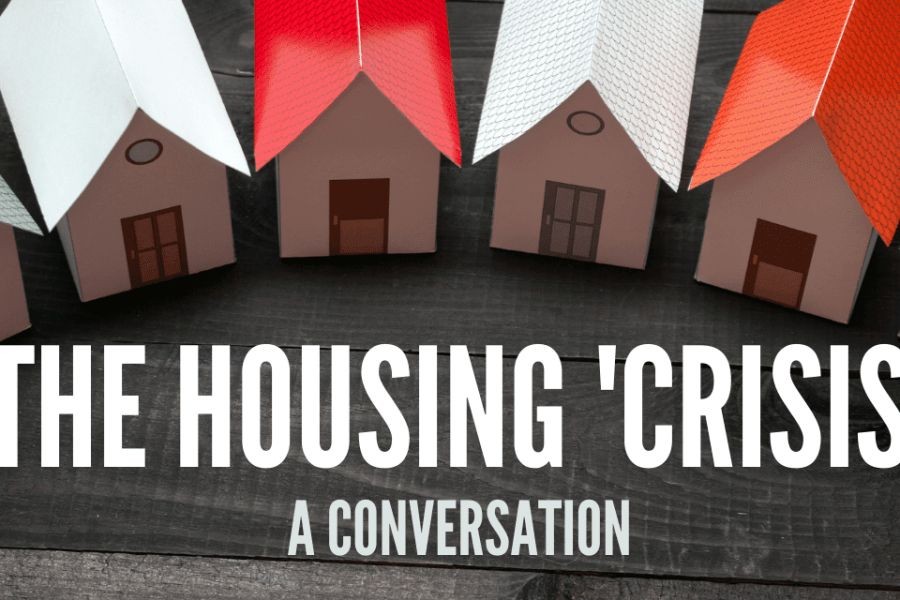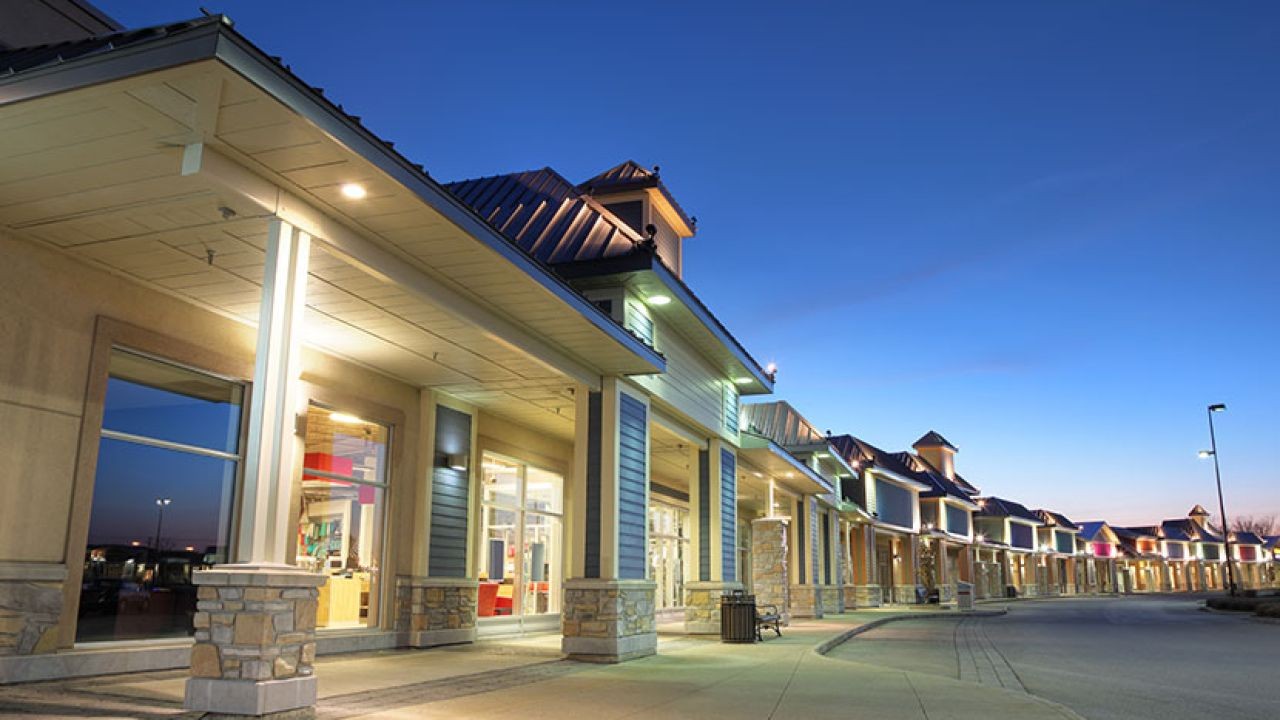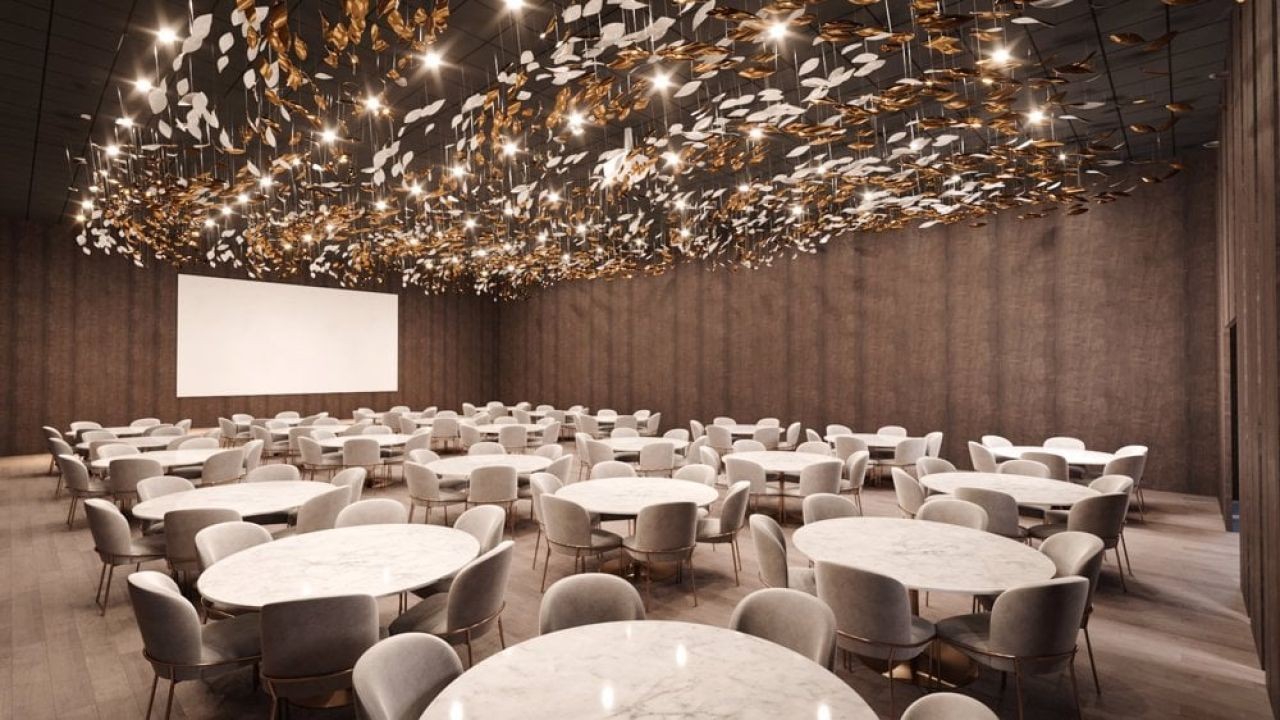New Zealand, renowned for its breathtaking landscapes and rich Maori culture, is currently grappling with a housing crisis that threatens to undermine its socio-economic fabric. Homeownership, a cherished Kiwi dream, is slipping out of reach for many due to skyrocketing property prices and limited housing supply. This article delves into innovative housing solutions tailored to New Zealand's unique context, offering data-backed insights and expert opinions to guide policymakers, developers, and environmental researchers in addressing this urgent issue.
Understanding the Roots of New Zealand’s Housing Crisis
The causes of New Zealand's housing crisis are multifaceted, involving economic, policy, and social dimensions. According to Stats NZ, the median house price in New Zealand increased by 27% from 2020 to 2023, driven by demand outstripping supply. The Reserve Bank of New Zealand highlights that low interest rates and foreign investment have exacerbated this trend, making housing unaffordable for many Kiwis.
Data-Driven Insights: The State of Housing in New Zealand
In 2023, the Ministry of Business, Innovation and Employment (MBIE) reported a housing deficit of approximately 40,000 homes, primarily in urban areas like Auckland and Wellington. This shortage is compounded by slow construction rates and regulatory barriers, including zoning laws that restrict land use. The housing crisis is not just an economic issue but also a social one, with homelessness rates rising by 20% over the past five years, according to Housing First New Zealand.
Innovative Housing Solutions: A New Zealand Perspective
Addressing the housing crisis requires innovative approaches that align with New Zealand's environmental and cultural values. Here are some promising solutions:
1. Tiny Homes: Maximizing Space and Affordability
Tiny homes offer a sustainable and affordable alternative to traditional housing. With an average size of 30 square meters, these homes are cost-effective and have a smaller environmental footprint. Companies like Build Tiny in New Zealand are pioneering the tiny home movement, providing customizable solutions that cater to individual needs and budgets.
2. Prefabricated Housing: Speed and Efficiency
Prefabricated housing, or modular homes, can significantly reduce construction time and costs. By manufacturing components off-site, builders can ensure quality control and minimize waste. PrefabNZ, a key player in the prefabrication industry, reports that modular homes can be completed 50% faster than traditional builds, making them a viable option for addressing the housing shortage.
3. Co-Housing Communities: Shared Living Spaces
Co-housing communities promote shared living spaces and resources, reducing individual housing costs and fostering a sense of community. This model is gaining traction in New Zealand, with projects like Earthsong Eco-Neighbourhood in Auckland exemplifying sustainable living through shared gardens, communal facilities, and energy-efficient design.
4. Adaptive Reuse: Converting Existing Structures
Adaptive reuse involves converting existing structures, such as old warehouses or office buildings, into residential properties. This approach not only preserves historical buildings but also reduces the environmental impact of new construction. The Christchurch rebuild post-earthquake showcases successful adaptive reuse, transforming commercial spaces into vibrant residential areas.
Case Study: Earthsong Eco-Neighbourhood, Auckland
Problem: Earthsong Eco-Neighbourhood aimed to create a sustainable community amid Auckland’s housing crisis. Rising property prices and environmental concerns necessitated a novel approach to residential development.
Action: The community implemented a co-housing model, emphasizing shared spaces and sustainable living. They incorporated solar panels, rainwater harvesting systems, and permaculture gardens to minimize their ecological footprint.
Result: Earthsong has become a model for sustainable living, with residents reporting a 30% reduction in living costs and a strong sense of community. The project has attracted attention from policymakers and developers seeking scalable solutions to New Zealand’s housing woes.
Takeaway: Co-housing presents a viable solution to the housing crisis, offering economic and environmental benefits while fostering community engagement.
Future Trends in New Zealand’s Housing Market
Looking ahead, several trends are likely to shape New Zealand's housing market:
- Green Building Practices: The push for sustainability will drive the adoption of green building practices, with an emphasis on energy efficiency and renewable materials.
- Smart Home Technology: The integration of smart home technology will enhance living standards, offering energy management solutions and increased security.
- Regulatory Reforms: Policymakers may introduce zoning reforms to facilitate higher-density housing developments, easing the current supply constraints.
Debunking Common Myths About Innovative Housing Solutions
- Myth: Tiny homes are only for singles or young couples. Reality: Families are increasingly embracing tiny living, with customizable designs that accommodate children and pets.
- Myth: Prefabricated homes are low-quality. Reality: Advances in technology have enhanced the quality and durability of modular homes, making them a competitive alternative to traditional builds.
- Myth: Co-housing lacks privacy. Reality: Well-designed co-housing communities balance shared spaces with private areas, ensuring residents enjoy both community and solitude.
Conclusion
New Zealand's housing crisis demands innovative, sustainable solutions that align with Kiwi values. By embracing tiny homes, prefabricated housing, co-housing, and adaptive reuse, New Zealand can address its housing shortage while fostering environmental stewardship and community well-being. As policymakers, developers, and researchers collaborate, these approaches can transform New Zealand's housing landscape, making homeownership an achievable dream for all Kiwis.
What’s your take on these solutions? Share your thoughts and insights below!
People Also Ask (FAQ)
- How does the housing crisis impact New Zealand's economy? The housing crisis strains the economy by limiting workforce mobility and increasing living costs, affecting consumer spending and growth.
- What are the biggest misconceptions about innovative housing solutions? One myth is that prefabricated homes are low-quality. However, advancements in technology have improved their durability and appeal.
- What are the best strategies for implementing co-housing? Experts recommend starting with community engagement, selecting a suitable site, and ensuring sustainable design principles are followed.
Related Search Queries
- New Zealand housing market trends 2023
- Affordable housing solutions NZ
- Eco-friendly housing projects in New Zealand
- Impact of zoning laws on housing supply NZ
- Prefabricated homes New Zealand
- Co-housing communities Auckland
- Tiny home movement NZ
- Adaptive reuse projects New Zealand
- Green building practices NZ
- Smart home technology adoption NZ










































poppunkcloth
1 month ago